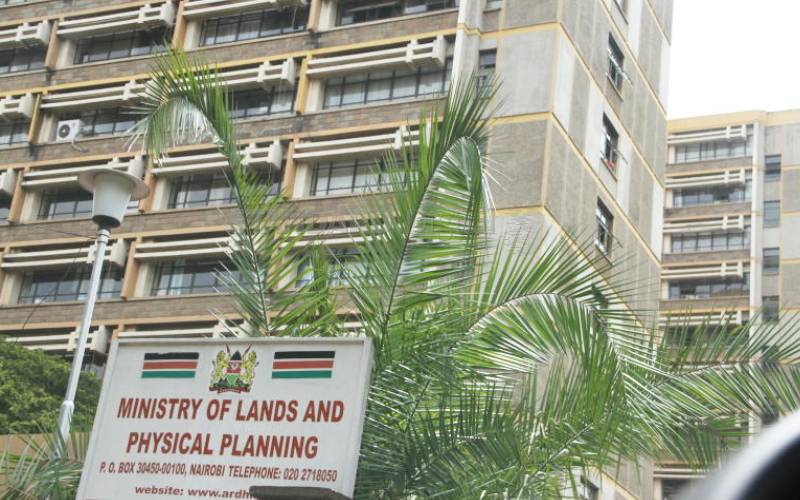×
The Standard e-Paper
Home To Bold Columnists

When a landowner presented a subdivision scheme for his five acres into plots measuring 40-by-48 foot, he was disappointed when his application was rejected. He had not anticipated any problems as he had made provisions for 20-foot access roads.